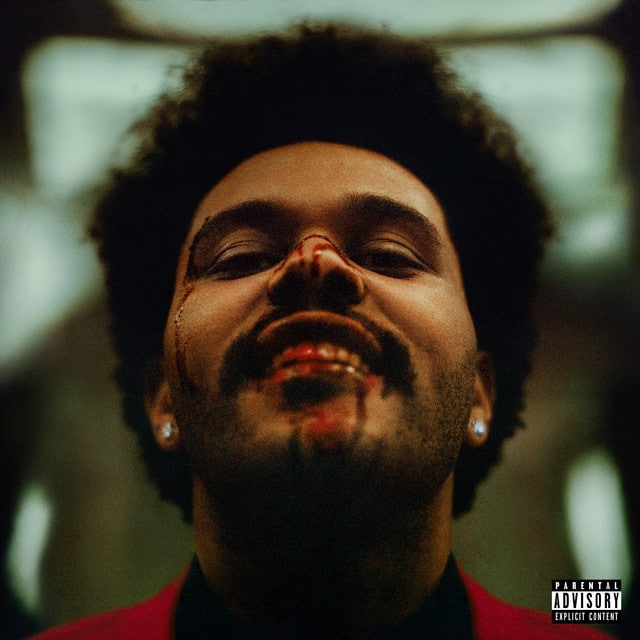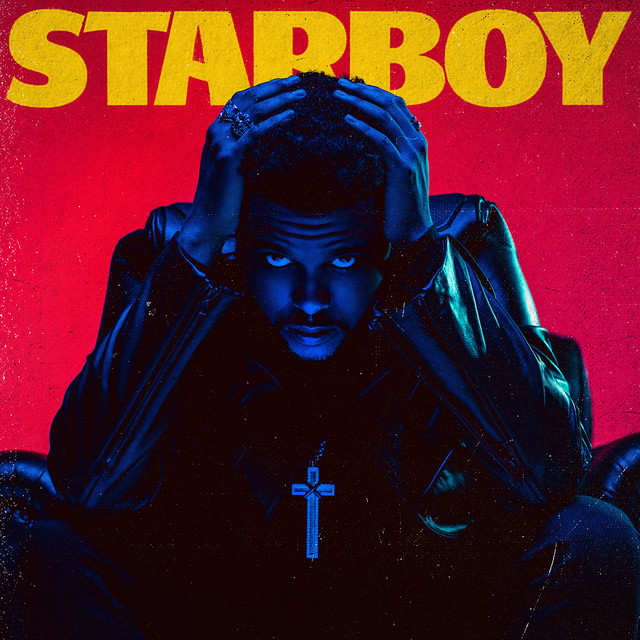Released: 2015
“Often” by The Weeknd swims deep in the waters of seduction, fame, and the allure of the nightlife. This track unapologetically showcases a hedonistic lifestyle driven by desire, both from the protagonist’s and his partners’ perspectives. With its hypnotic chorus and smooth, sensual beats, “Often” becomes a narrative of excess, sexual freedom, and the cyclic nature of lust and pleasure in the fast lane.
The song kicks off with a vibe of loneliness and weariness conveyed through the repetition of “Seneler sürer her günüm” translating to “Years last my every day” and “Yalnız gitmekten yorgunum” meaning “I’m tired of going alone.” Right from the jump, The Weeknd sets a tone of yearning for something more, a deeper connection, or perhaps just a departure from solitude. As we delve into the English lyrics, it’s evident the artist uses his lifestyle to escape these feelings of isolation, diving into fleeting moments of connection, albeit superficial.
The first verse introduces the listener to The Weeknd’s world of indulgence, “I usually love sleeping all alone / This time around, bring your friend with you,” immediately suggesting a ménage à trois. The line “But we ain’t really gonna sleep at all” cements the idea of a night driven by pleasure-seeking. The Weeknd boasts about his status in his city, referring to himself as a “young god,” highlighting the power and control he has within his domain. The provocative “That pussy kill be so vicious” line reinforces the theme of dangerous yet irresistible allure of the lifestyle and interactions he’s depicting.
Throughout the chorus, the repetition of the word “often,” coupled with phrases like “Make that pussy rain,” serves to emphasize the regularity and ease with which The Weeknd engages in these sexual escapades. It’s a braggadocious declaration of his prowess and appeal, but also a nod to the emptiness of these frequent, yet unsatisfying encounters.
In the second verse, the allure of fame and status continues as he describes a woman willing to leave her current partner for a chance with him, “I come around, she leave that nigga like he ain’t matter.” This illustrates the magnetic pull of celebrity and wealth, and the disposability of relationships in this world. The Weeknd acknowledges the fleeting nature of these interactions with, “If I had her, you can have her, man, it don’t matter,” showcasing a detached and nonchalant attitude towards his conquests.
The closing lines of the song, as the sun rises, reveal a thematic full circle—with the night’s adventures coming to an end, there’s a hint of reluctance to let go of the night’s escapades. “The night’s almost done / But I see your eyes / You wanna go again / Girl, I’ll go again.” It’s a relentless pursuit of pleasure, an insatiable desire that perhaps parallels the artist’s search for meaning in these ephemeral connections.
The repeated Turkish phrases in the outro echo the song’s opening, ending the track on a note of solitude after all the night’s excesses, subtly questioning whether the endless pursuit of pleasure is a remedy for loneliness or just a temporary escape. “Often” by The Weeknd, thus, stands as a nuanced exploration of the complexities of desire, loneliness, and the sometimes empty promises of the hedonistic lifestyle celebrated in much of contemporary R&B and hip-hop.








